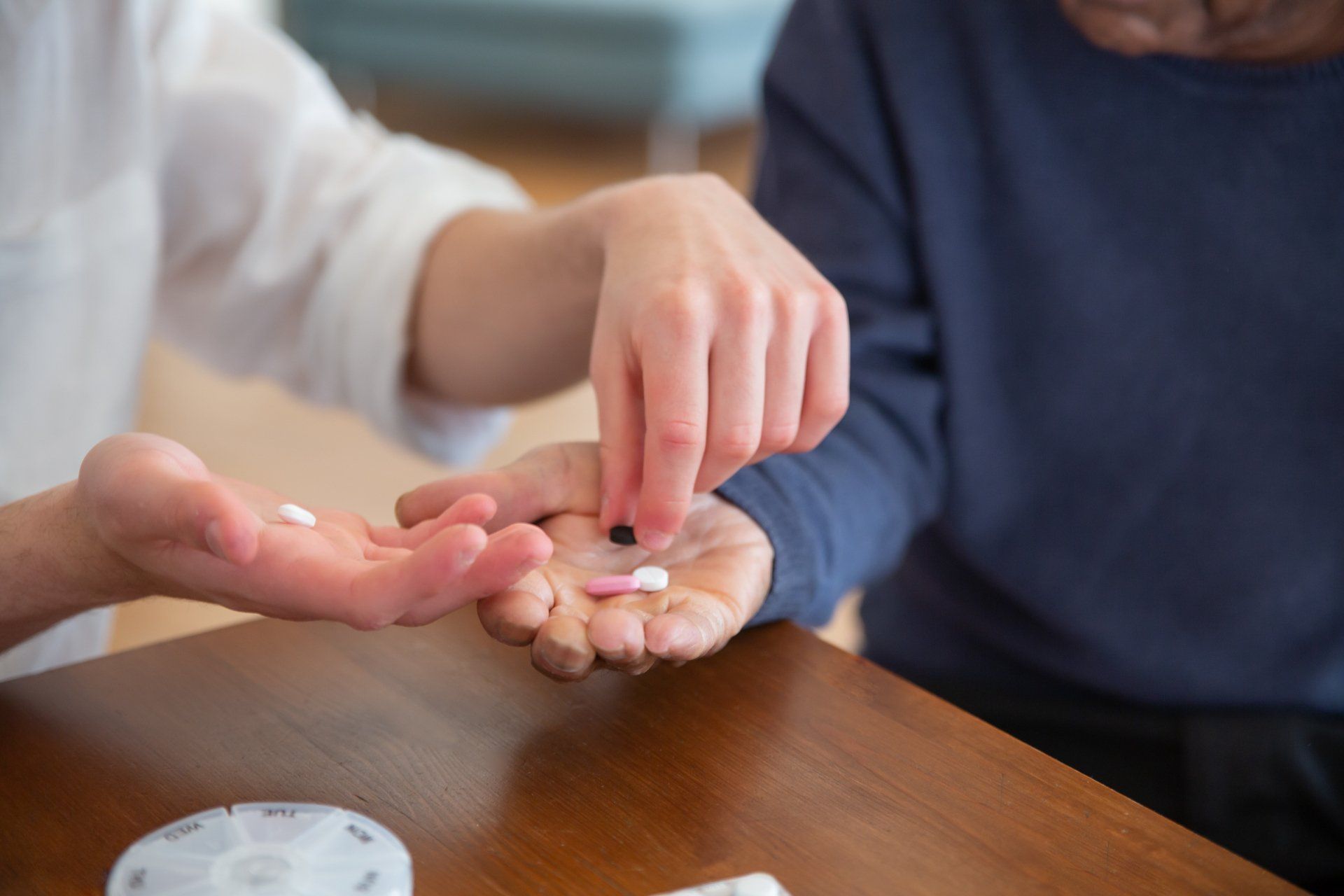CLIENT LOGIN
×CONTACT US
Contact Us
We will get back to you as soon as possible.
Please try again later.
RECENT NEWS


What Types of Damages Are Available to an Injured Person?
A:
The law defines and allows for different types of compensation available to an injured person. Our experienced personal injury lawyer will explain your options, and will work to ensure that you receive all compensation to which you are entitled under Texas laws.
Disfigurement
When an accident or injury has left a person deformed or disfigured, e.g., by scars or other permanent effects on personal appearance, the injured person (the “plaintiff”) may be able to collect damages for any mental suffering that arises due to awareness of the disfigurement.
Future Medical Expenses
This type of recovery is permitted if the plaintiff proves that he or she will need continued medical care as a result of the accident or injury. The proof must be sufficient for the jury to make an approximate estimate of the cost, i.e. through the medical opinion of a treating doctor.
Household Services
The cost of hiring somebody to do things around the house while the plaintiff is recuperating from an accident or injury, provided that the expense would not have been incurred had the plaintiff not been injured.
Loss of Consortium
Deprivation of the benefits of married life after an accident or injury — affection, solace, comfort, companionship, society, help and assistance, and sexual relations between spouses. Usually the uninjured spouse makes the claim and his or her financial recovery will depend on whether the injured spouse recovers any damages. In some cases, the injured person will make the claim as well. A value is placed on this loss by considering the couple’s individual life expectancies, whether the marriage was stable, how much care and companionship was bestowed upon the uninjured spouse (or vice versa), and the extent to which the benefits of married life have been lost.
Loss of Enjoyment of Life
A diminished ability to enjoy the day-to-day pleasures of life, “loss of enjoyment” is usually an item of general damages, meaning there is no precise way to place a monetary value on it.
Loss of Society and Companionship
In wrongful death cases, loss of society and companionship damages represent the positive benefits flowing from the love, comfort, companionship, and closeness that the plaintiff’s immediate family members would have enjoyed had the decedent lived.
Lost Earning Capacity
After an accident or injury, these damages may be recovered if the plaintiff proves that his or her ability to earn money in the future has been impaired or diminished by the injuries. Factors that help determine whether an award should be made include the plaintiff’s age, health, life expectancy, occupation, talents, skill, experience, and training. Past earnings are a factor in determining the appropriate amount of compensation for lost earning capacity, but the claim really focuses on what might have been earned were it not for the accident or injury.
Lost Wages
These damages represent the amount of money a plaintiff would have earned — from the time of the injury to the date of settlement or judgment. An unemployed person may be permitted to recover lost wages if he or she can prove what could have been earned during the same period.
Medical Expenses
Bills and expenses for medical services such as doctors, hospital stays, emergency room treatment, ambulance fees, and nursing services. A plaintiff must show that the expenses are related to medical conditions resulting from his or her injury. The total amount of medical expenses is sometimes used as a rough guide to decide whether the overall award of damages is reasonable. Note that the cost of a medical examination for purposes of litigation is not ordinarily recoverable as a medical expense.
Mental Anguish
Any mental suffering or emotional distress associated with an accident or injury, including fright, terror, apprehension, nervousness, anxiety, worry, humiliation, mortification, feeling of lost dignity, embarrassment, grief, and shock.
Pain and Suffering
An award for past and future physical pain in connection with an accident or injury. To place a monetary value on pain and suffering, the jury considers the nature of the injury, the certainty of future pain, its severity, and how long the plaintiff is likely to be in pain.
Permanent Disability
These damages are best proved by medical testimony, and ordinarily a doctor must examine a plaintiff claiming permanent disability.
Special Damages
This is a general category of damages that covers all monetary losses, including medical expenses after an accident or injury. Recovery requires detailed proof that the losses were sustained, and a showing of how much money was involved.
The post What Types of Damages Are Available to an Injured Person? appeared first on Shandon Phan Law Firm PLLC.
Request consultation
We will get back to you as soon as possible.
Please try again later.
© 2021 Shandon Phan Law Firm PLLC. All Rights Reserved.


